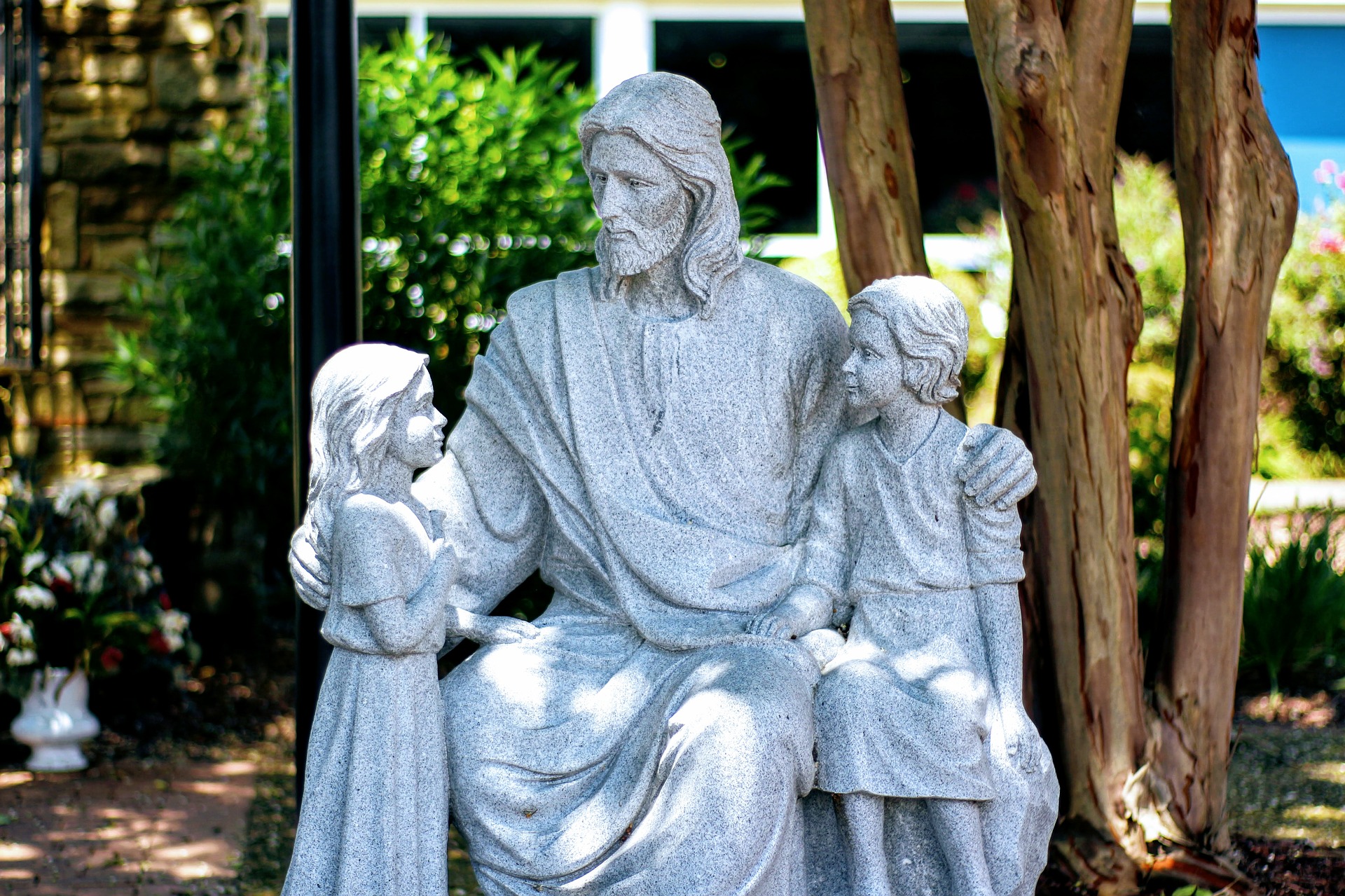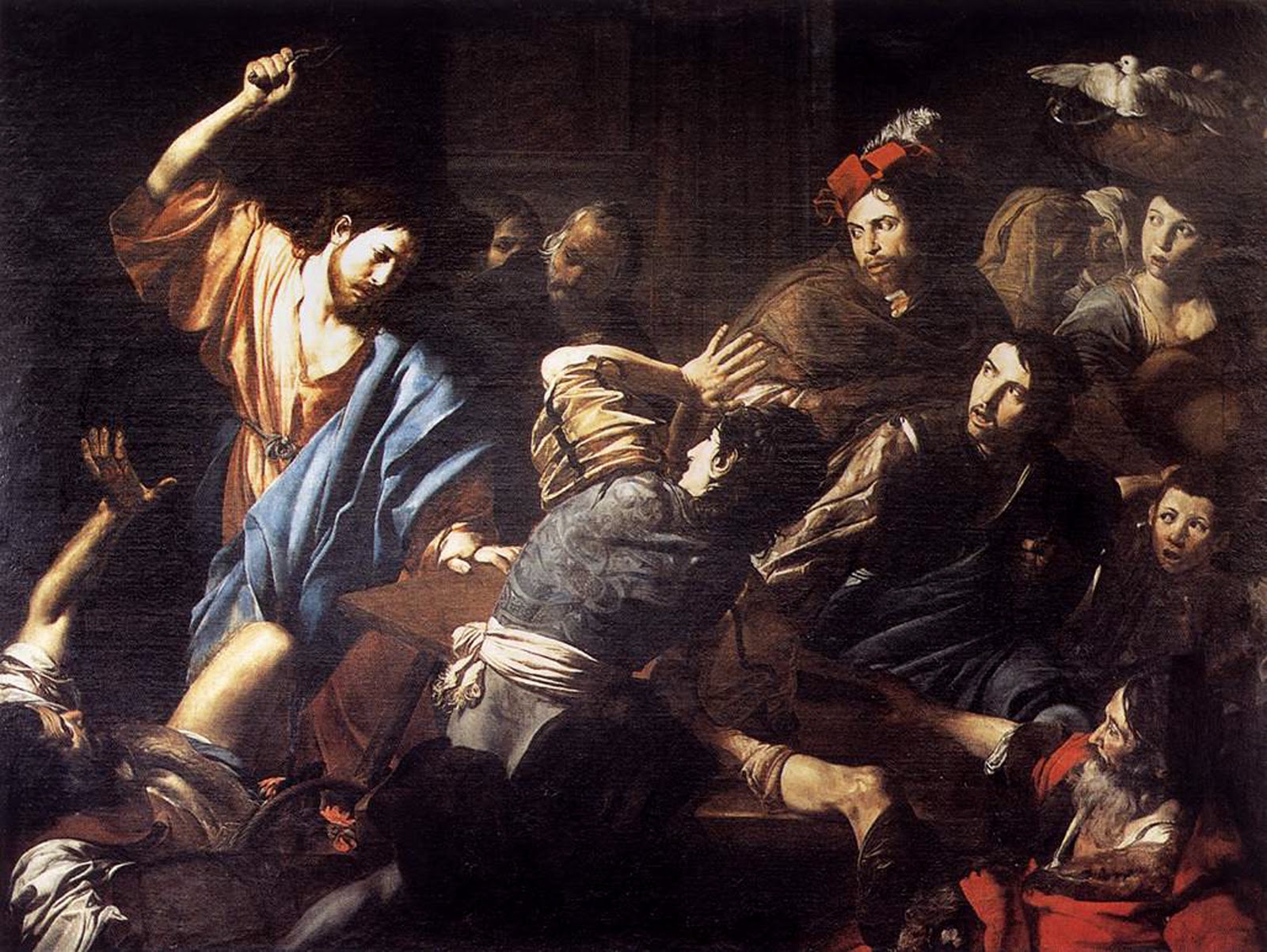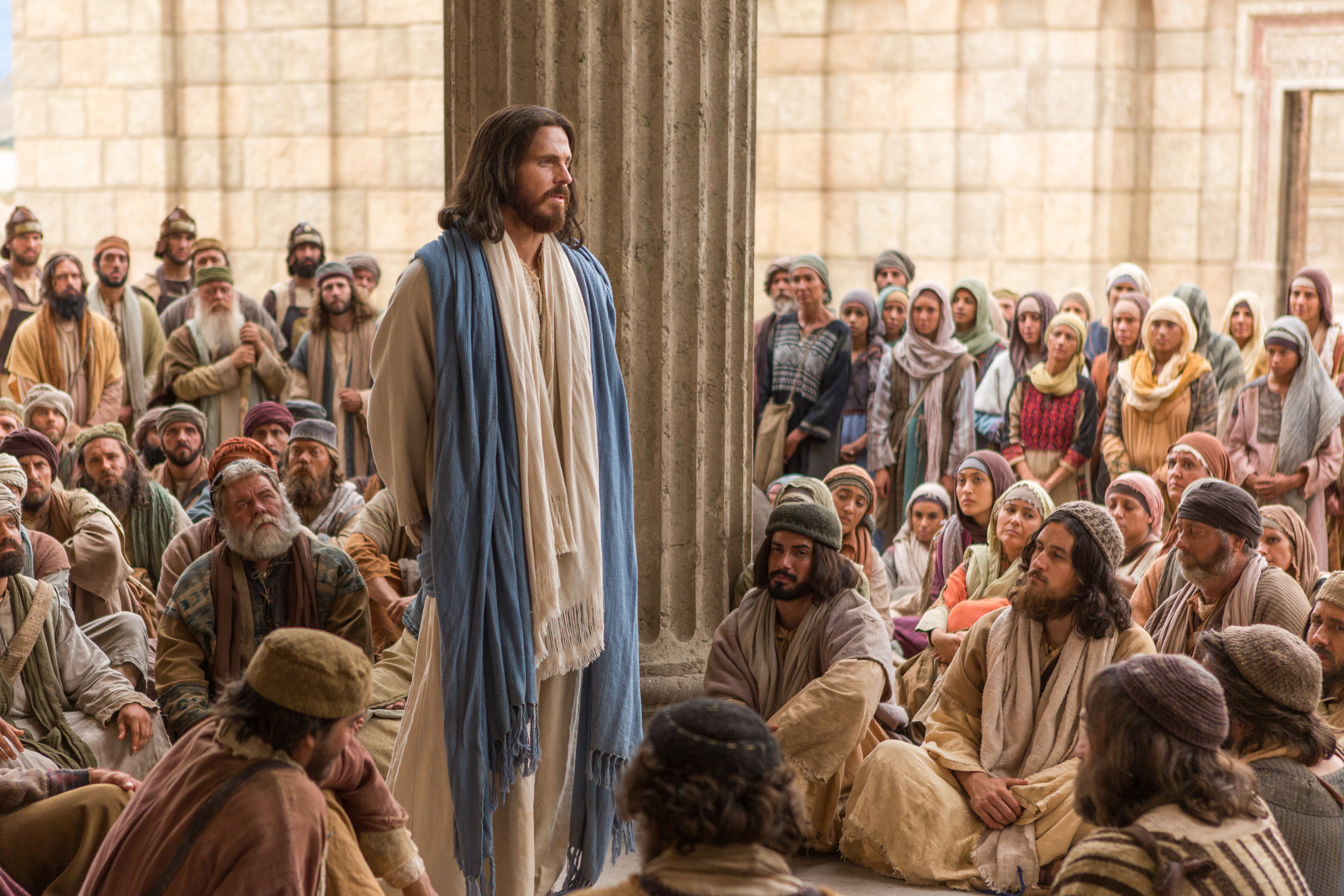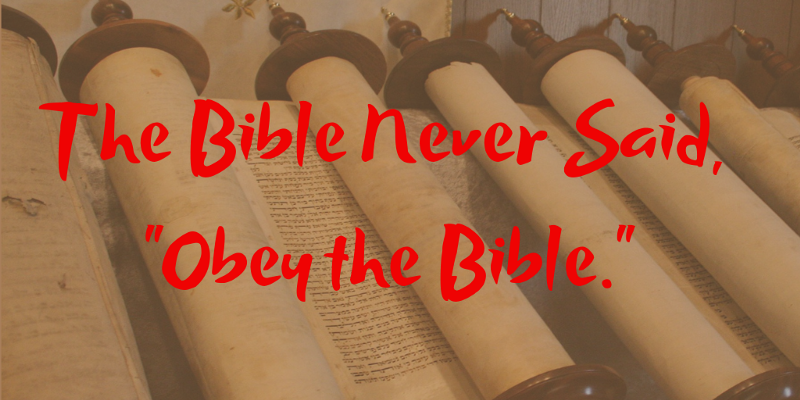Let’s do a little word association. When I say, “Christian,” what word pops into your head? I’d be willing to pay $20 to anyone who can honestly say that they associated “Christian” with “subversive.” If your first word was “conservative,” “fundamentalist,” “rightwing,” or the like, you can send me $20. In America, Christians institutions work to defend “traditional values.” But that’s not the ancient faith. It’s something else – something tame and malignant.
Don’t get me wrong, I’m not against “values.” It’s the “traditional” that betrays Christ with a kiss.

Everyone knows that Jesus was a subversive, but we assume that his opponents were to blame. Jesus didn’t like hypocrites and he called them out, isn’t that right? Aren’t you glad that you’re not a hypocrite like those Pharisees? I know I am. Surely if you and I were in power at the time of Christ he would have used his carpentry skills to build more tables for our merchants and money changers.
No, I’m not a revolutionary.
I’m an expositor…of something revolutionary.
This is the first installment in my exposition of Paul’s letter to the Galatians.
Stick it to the man…and all the rest of y’all!
Paul, an apostle—sent not from men nor by a man, but by Jesus Christ and God the Father, who raised him from the dead
Galatians 1:1 (NIV)
Apostles represent.
Paul introduced himself as a representative first and foremost. He did that a lot in his greetings. This one is different from the others in couple of ways.
He begins by telling them who he didn’t represent. If Christ himself met me on the road to Damascus (or any road for that matter) and made me his emissary I would lead with that. I’d get some business cards made up and maybe a badge of some sort. Paul didn’t discount his position as Christ’s apostle, but in this particular instance, he distanced himself from any human influence before giving his credentials. Why would he need to do this?
As we unpack this letter, his reasons will become clear, but at this point it’s important to observe that a person can claim a divine office while representing a human institution. The most notable example would be the pope. He may be known as the vicar of Christ, but he’s appointed by a conclave through a majority vote. The pope might write a letter and sign it as the apostle of Christ, but he can’t legitimately add, “and not of men.”
Paul didn’t just include such a disclaimer, he led with it.
He not only led with it, he repeated it. Notice the seeming redundancy – “not from men nor by a man.” Why couldn’t he have just said, “not from men,” and left it at that? Wouldn’t “men,” include any particular “man.” Did he repeat for emphasis? If so, I think I would have phrased it, “not from any man or even all men.” No, I think there’s something more here.
Paul didn’t repeat himself; he just got really specific. “Not from men nor a man,” would only be redundant if “men” and “man” referred to essentially the same thing. As we continue through this letter, we’ll see that they refer to two separate, but related forces – conformity and authority.
In saying that he wasn’t sent “from men,” Paul declared his office free from the influence of humans as a group. Whatever Paul was doing rose above, and, when necessary, defied social pressure. Herodotus was right that custom is king, but 500 years later, Paul declared that king dethroned.
And custom wasn’t the only king that Paul disavowed.
At the writing of Galatians, the Roman Empire spanned from Spain in the west to Syria in the east, from Britain in the north to Ethiopia in the south.

The people within those borders lived, worked, and traded under the dictates of one man, Caesar. How could one man control the conduct of millions?
Authority.
A cynic might have answered, “armies,” but armies operate on authority in even higher concentrations. Think of the drill sergeant hurling verbal abuse at squad of armed fighting men. Authority keeps these men, any of whom could end the sergeant on the spot, in line. Literally.
Whether in the case of a sergeant, a Caesar, or a CEO, authority doesn’t depend on numbers like conformity. When Karen wants compliance, she doesn’t rally the cashier’s coworkers; she demands to speak with the manager. Every human institution operates on authority and authority is wielded by individuals.
In saying that he was not the representative of “a man,” Paul severed any connection between his office and any human authority.
Eleven words into his letter (eight in Greek) Paul knocked out the two props which have supported civilization for millennia. Nobody wants to think of themselves as a conformist, but without conformity we wouldn’t be able to anticipate the actions of others or conduct ourselves successfully in social situations. We might resent authority, but we’re probably glad that interpersonal disputes get solved in courtrooms rather than through armed conflicts in the streets. Now, here’s Paul disavowing cultural conformity and human authority.
Talk about subversive!
A better offer
If I told you that I got a letter in the mail today, you might ask who it was from. What if I told you it wasn’t from anyone? You might be confused. The very idea of receiving something in the mail implies a sender. So did the notion of apostleship. To be an apostle was to be sent. Paul began by excluding any sort of human sender, but that doesn’t mean nobody sent him.
He goes on in Galatians 1:1 to say that he was sent, “by Jesus Christ and God the Father…”
There’s been some dispute over the past 150 years or so about whether the earliest Christians thought of Jesus as God or whether that idea was syncretized from pagan sources and later adopted at the Council of Nicaea. Let me submit this phrase as exhibit “A” in the case for an early understanding of Christ’s divinity. Paul, writing around 55 CE, didn’t see Jesus as just a great man. He said that he wasn’t sent by a man, but by Jesus Christ.
Not only does he distinguish Jesus from human authorities, Paul associates Jesus with God. The two “persons” sent Paul together. He wasn’t sent by God through Jesus, but by Jesus and God. That God would do anything in partnership with someone else has serious theological implications. The Qur’an insists that such a thing could never happen:
Allah forgiveth not that partners should be set up with Him; but He forgiveth anything else, to whom He pleaseth; to set up partners with Allah is to devise a sin Most(sic) heinous indeed.
Surah 4:48 (Al-Qur’an English Edition. Islamic Studies Press.
According to the Qur’an, Paul has committed the unpardonable sin and he’s not even completed his greeting. This would be true if Jesus were not God, but he is.
Paul’s apostleship stood above the purview of all human authority because it sprung from divine authority. Every child knows that you can only resist authority through another authority. If mom said you can’t go with your friends, ask dad and vice versa. In that case, the other authority may not outrank the first one, so freedom may not be achieved. The legal system defines levels of authority, and so a prisoner may be released by appealing to a higher court. Authority trumps authority. Paul’s apostleship was free from human authority because it was based on the ultimate authority.
This may not sound like liberation at first blush. We’re conditioned to think that God’s standards are more stringent and his retribution more certain than any human authority. That would be true if God’s kingdom operated on the same mechanisms as human authority. As we will see, while there had been a system like that in place, it has been outmoded. We get a clue as to the nature of this better system from the little word, “and.” Remember, Paul wasn’t sent by God, but by Jesus Christ and God the Father.
The ground of all being is a Partnership. Dictators, despots and tyrants rule alone, but God has never been alone. We might think of the whole enterprise of creation and redemption as the Eternal Partnership looking to take on new members. While membership implies obligations, it also, as they say, has its privileges. Partners share responsibility and authority. We pray because we’ve been authorized under divine authority. From within this partnership, we experience God’s supreme authority as final permission to break with the social contract and take the better offer.
But what happens when human authority won’t defer to the divine?
Reversed rulings

Jesus exemplified free living under God. He also demonstrated the price of such living in a world still controlled by human power structures. Among all of the glorious messages reverberating from the passion of Christ is this truth: “God won’t stop human authorities from enforcing their rule however they see fit.”
So, how can he expect us to live above their control?
The answer lies in the last phrase of Galatians 1:1, “…who raised him from the dead.”
God doesn’t prevent evil deeds. To do so would only delay and perhaps amplify further evil. Instead, he converts them. If Jesus was who Paul said he was then the crucifixion was the nadir of human evil. First light on the third day would reveal that act to be the righteousness of God. Conquerors forcefully subjugate the will of others. Christ did more than conquer.
Following him means we must do the same.
Consider these familiar words from Romans 8:
Who shall separate us from the love of Christ? Shall trouble or hardship or persecution or famine or nakedness or danger or sword? As it is written:
“For your sake we face death all day long;
we are considered as sheep to be slaughtered.”
No, in all these things we are more than conquerors through him who loved us.
Romans 8:35-37 (NIV)
It has been said that freedom isn’t free. Unfortunately, we’ve come to expect that someone else will pick up the tab, whether that be a soldier on foreign soil or Christ himself on the cross. Paul would have repudiated that thinking. In saying that he’d not been sent by a man, he understood that he was obligated to live in the costly freedom which Christ has purchased. Those of us who’ve been redeemed by the Lamb must also be counted as sheep to be slaughtered.
At this point, you might be tempted to look for freedom on your own terms. It’s not out there. Remember, there are two controllers of human behavior – authority and conformity.
On earth as in heaven
People who dodge authority find themselves conforming to a counter culture. When I was in high school, you could pick out the “partiers” by how they talked and dressed. Their behavior in some ways defied authority, but it was still bound to the group. From my brief foray among their ranks, I remember how they used certain language to encourage group loyalty. For instance, nobody was to use the phrase, “go straight,” regardless of context. If you were giving someone directions and used the phrase to mean, “don’t turn here,” members of the group would emphatically recite the motto, “Don’t go straight; go forward!” It was a tacit way of saying, “If you give up partying, we’ll disown you.” Counter cultures can even become more oppressive than the mainstream.
Ironically, when counter cultures become large and powerful enough, they always develop their own authority structures and codes of conduct such as in the case of gangs and criminal syndicates.
The human condition comes bundled with authority and conformity. There’s nowhere among other people that we can go to escape these two controlling forces. I think this has been the appeal of monasticism. People disappear into the desert to “find themselves” or to silence the demands of society so they can find enlightenment or nirvana or something esoteric. This isn’t a bad thing, so long as its temporary. The great weakness of the monastic path in my opinion is that it doesn’t readily translate into concern for other people or action on their behalf. Surely, we’ve not found the best version of ourselves if the person we find is self-centered. For freedom to be worth pursuing, it mustn’t become an end in itself. We become free to become truly good and we become truly good for the sake of others.
We must become free from our community to become good, but we become good to contribute to our community.
This brings me to the next verse in Paul’s letter.
and all the brothers and sisters with me,
To the churches in Galatia:
Galatians 1:2 (NIV)
This letter wasn’t sent from an individual, but from a family – Paul and his siblings. In the previous section, I said that we’ve been invited into an Eternal Partnership, but that was only part of the picture. If you were as astute, you noticed that Paul has already described God as “the Father.” Jesus Christ and God the Father partnered in the sending of Paul, but that partnership is also a family. To join the Eternal Partnership, we must be adopted into the Eternal Family.
To accept God’s invitation into his family is to join an alternative society. We are the “called out” also known as “the church.” The letter to the Galatians is a letter from Paul and his spiritual siblings (i.e. the church) to others in their spiritual family, the churches of Galatia.
Just as the authority of Jesus Christ and God the Father supersedes that of human rulers, so the culture of the church supersedes human cultures. We’re free from cultural conformity because we’ve joined a new society with its own norms. Because this society is God’s family, those norms spring from each person’s essential nature with infinite room for personal expression.
Maybe the best way to summarize what I’ve said so far is to say that Paul introduced himself as a representative of a regime that commands its subjects to be free and of a culture where the norm is personal authenticity.
That may sound like a lot to get from two verses. The only way to know whether I’m just making all of this up, will be to explore the rest of the letter.






















